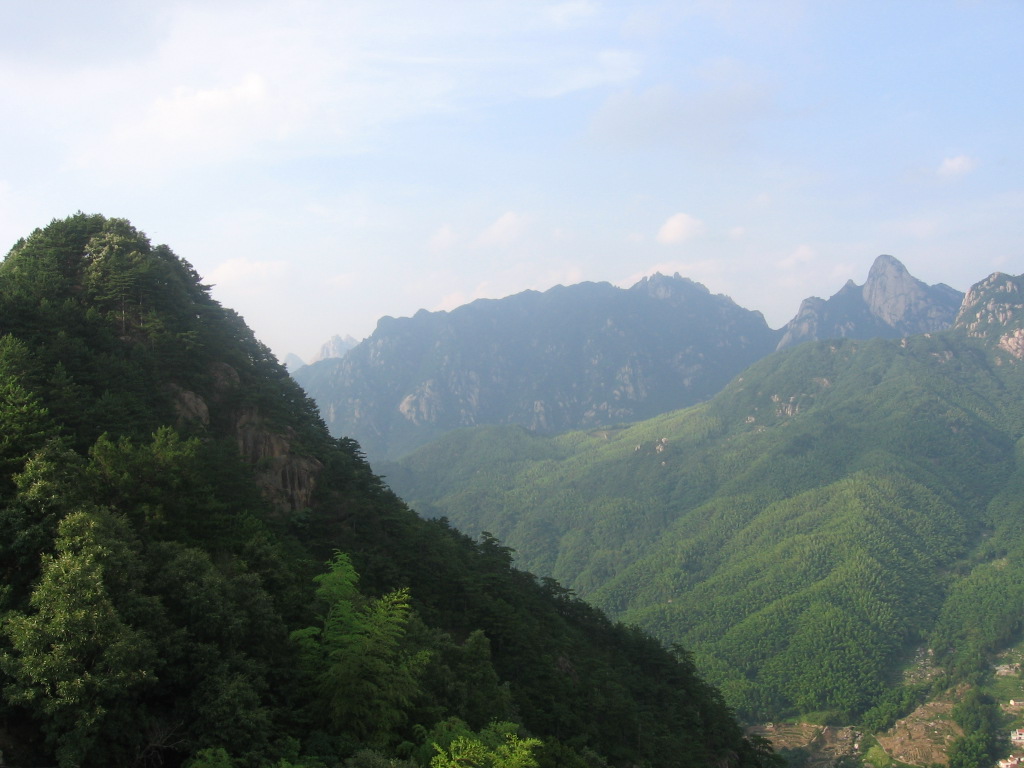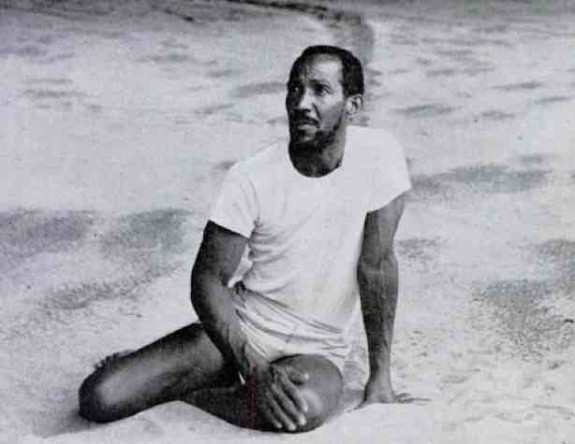A Nautilus Magazine article on the neuroscience of silence titled “This is Your Brain on Silence.” A popularized review of the scientific research that demonstrates, surprisingly to many, that the brain is actively and positively stimulated by silence as much as by sound. The brain deteriorates as excessive sound or noise assaults the body via blood pressure increases and cellular changes. Further, silence promotes a higher sense of alertness and consciousness. Investigators mentioned ranged from neuroscientists and cardiologists to musicians naturally interested in the neurological role of silence in musical compositions, and tourism marketers seeking to promote Finland’s abundance of silence. From the article:
Noora Vikman, an ethnomusicologist … lives in the eastern part of Finland, an area blanketed with quiet lakes and forests. In a remote and quiet place, Vikman says, she discovers thoughts and feelings that aren’t audible in her busy daily life. “If you want to know yourself you have to be with yourself, and discuss with yourself, be able to talk with yourself.”
URL: http://nautil.us/issue/16/nothingness/this-is-your-brain-on-silence; summary:
http://www.designntrend.com/articles/18934/20140905/noise-silence-neuroscience.htm




